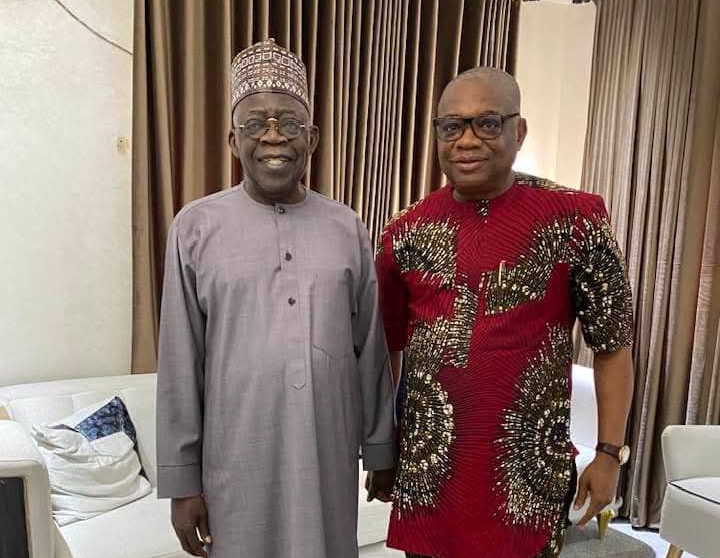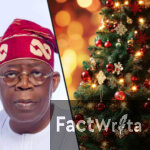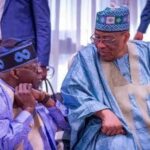Senator Orji Uzor Kalu MKO Abiola recognition has called on President Bola Tinubu to officially recognize the late MKO Abiola as a former president of Nigeria, reigniting debates about historical justice for the annulled June 12, 1993, election.
Kalu’s Call for Posthumous Recognition
The former Abia State Governor and current Senator argued that Abiola’s portrait should be displayed alongside past leaders at the Presidential Villa, stating:
“Since Abiola won the June 12 election, his picture deserves a place among Nigeria’s presidents. I commend Buhari for honoring him with GCFR, but Tinubu must go further.”
Orji Uzor Kalu MKO Abiola recognition referenced Gen. Ibrahim Babangida’s memoir, where the ex-military leader admitted Abiola’s victory. He urged Babangida to release a second volume clarifying the election’s annulment:
“The first memoir left gaps. Babangida should name those who blocked June 12’s declaration—I was there, and Nigerians deserve answers.”
June 12: A Unresolved Chapter
The June 12 election is widely regarded as Nigeria’s fairest poll, with Abiola winning across ethnic and religious lines before its cancellation. While President Buhari declared June 12 as Democracy Day and awarded Abiola the Grand Commander of the Federal Republic (GCFR) in 2018, Kalu insists full presidential recognition is overdue.
For context, revisit the history of June 12 and Abiola’s legacy.
Babangida’s Memoir: Unanswered Questions
Kalu criticized the memoir’s omissions, stressing:
“The annulment wasn’t Babangida’s sole decision. Others in power must be exposed.”
He also dismissed claims that Nigeria’s 1966 coup was ethnically motivated, calling it a “Nigerian coup by the military.”
Why This Matters
- Historical Justice: Recognition would validate Abiola’s sacrifice for democracy.
- National Healing: Symbolic gestures like displaying Abiola’s portrait foster unity.
- Transparency: Clarifying June 12’s annulment addresses decades of distrust.
Next Steps for Tinubu’s Administration
As pressure mounts, analysts suggest Tinubu could leverage this move to strengthen his reformist image. However, critics argue that retroactive recognition sets a complex precedent for historical grievances.
For further reading, explore Nigeria’s presidential honors or Babangida’s memoir highlights.













